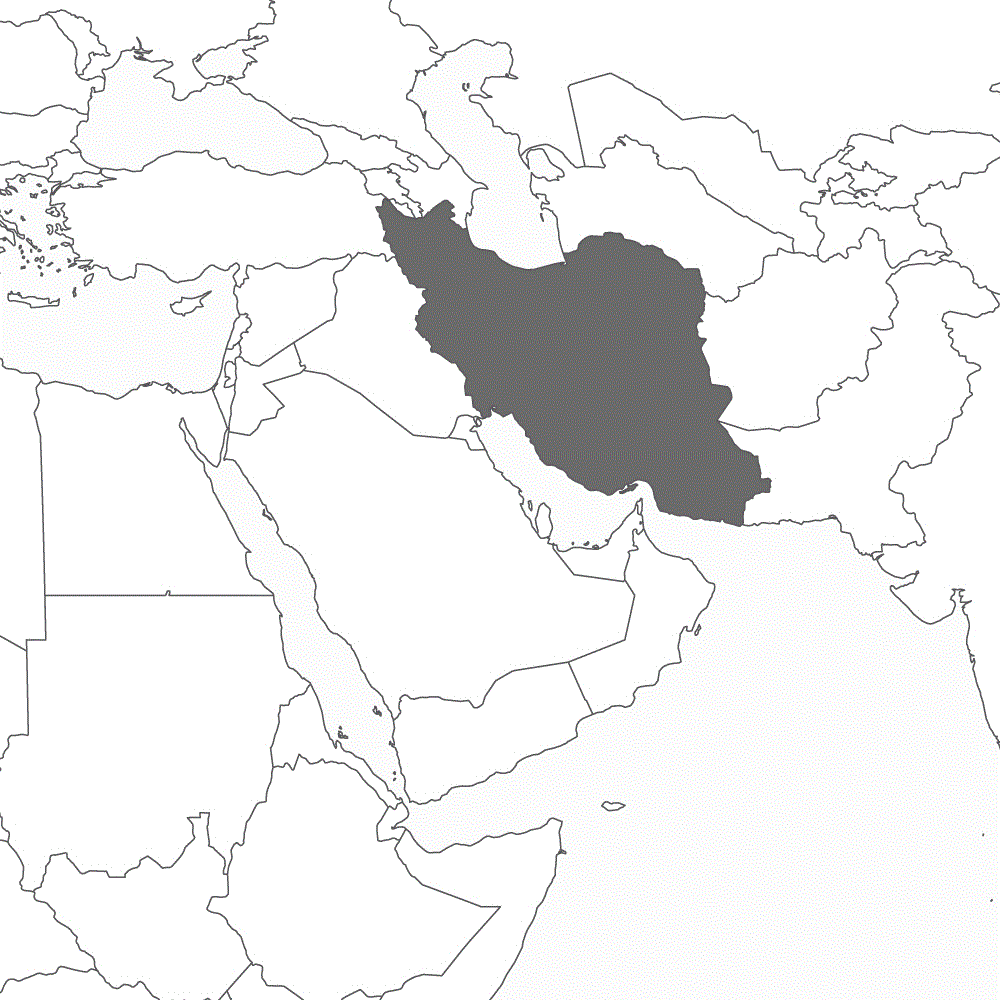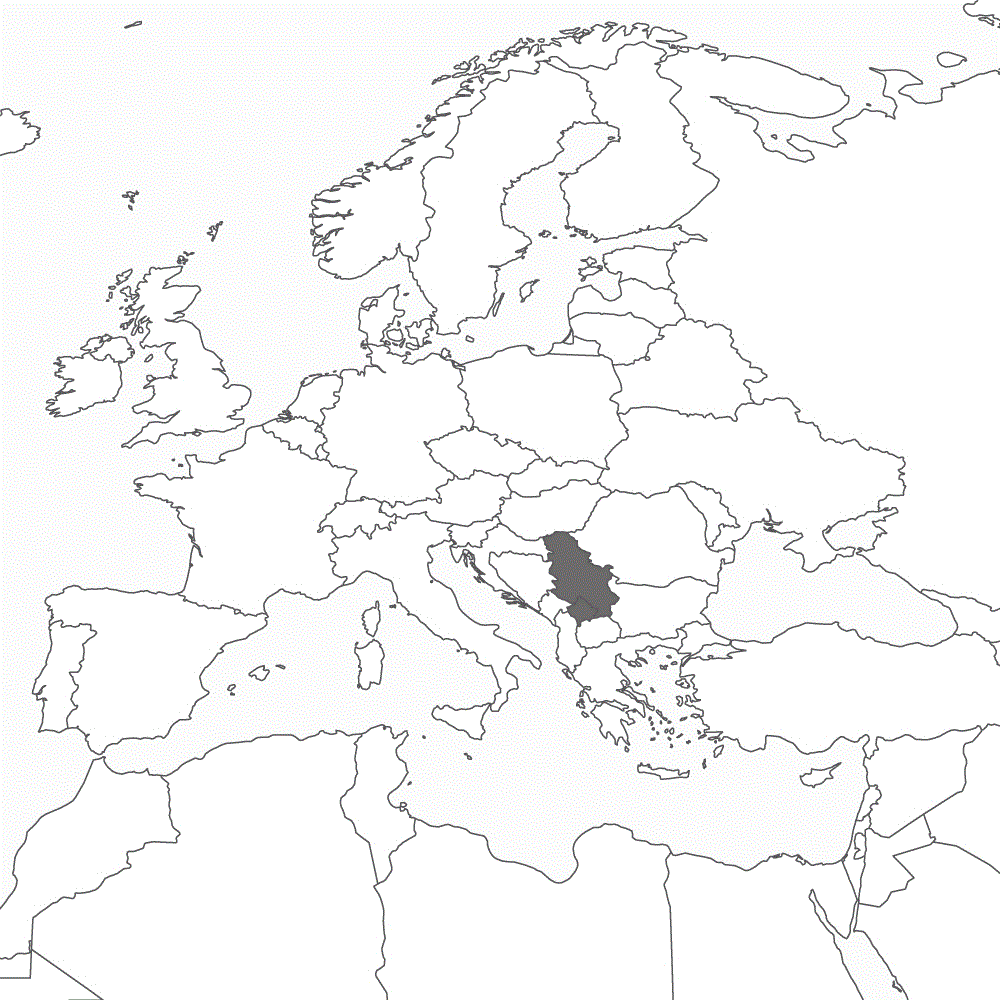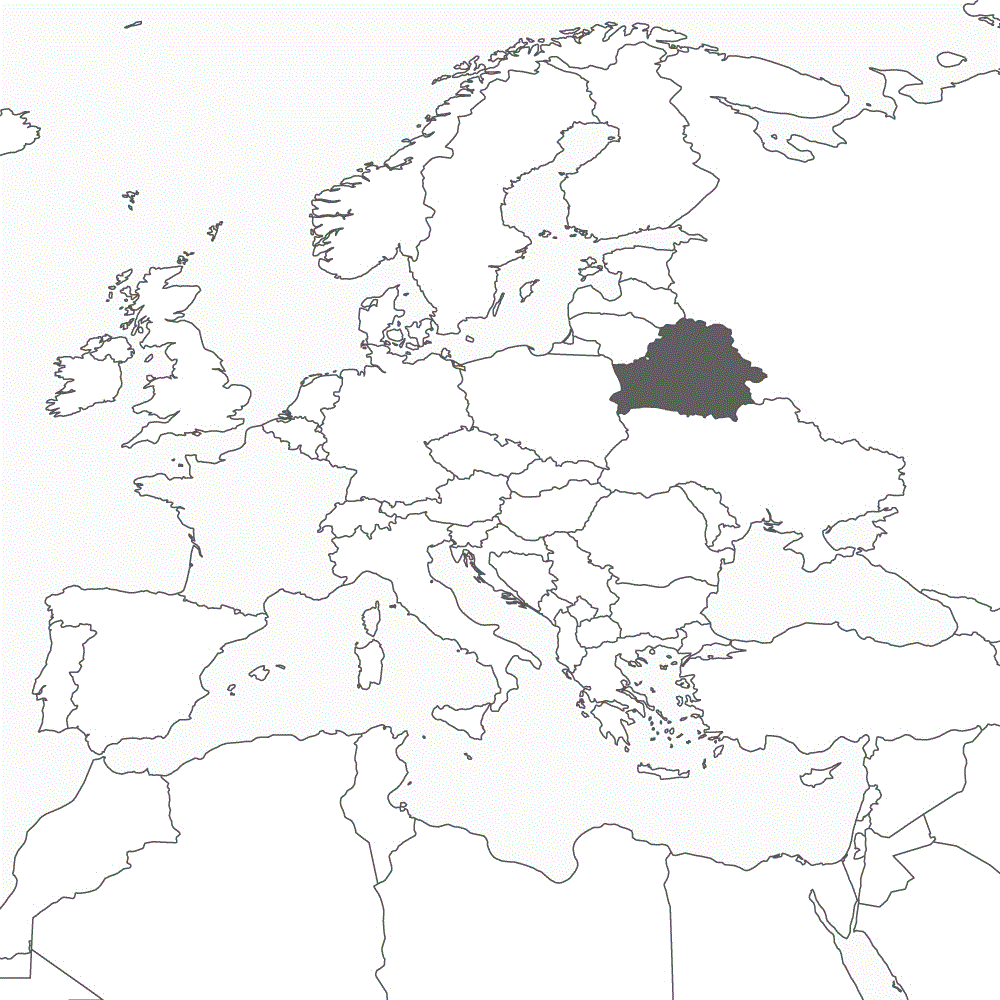Dare More Cold War
Berlin's incoming government coalition is committed to continued arms buildup, intensification of some aspects of the power struggles against Russia and China and deportation offensive.
BERLIN (Own report) - The incoming German government coalition is upholding "nuclear sharing," will acquire weaponized drones, escalate rivalry with China and initiate a deportation ("repatriation") offensive. These are measures stipulated in the new coalition agreement of the SPD, FDP, and the Greens presented yesterday to the public. According to the agreement the next government, headed by Chancellor Olaf Scholz (SPD) and Foreign Minister Annalena Baerbock (Greens) will essentially be continuing the outgoing government's foreign and military policies. Alongside its orientation on the transatlantic alliance, the agreement also calls for the EU to be transformed into a potent foreign and military political power. The latter is to be achieved by streamlining decision-making structures and reducing external dependency. In addition, the Union should be further expanded militarily. In its rivalry with China, the incoming coalition will join a new US campaign aimed at enhancing Taiwan's international standing and violating UN resolutions. Read more
The End of US Domination at the Persian Gulf
Think tank calls on Berlin and EU to intensify their efforts to gain influence at the Persian Gulf. So far, China is main beneficiary of US partial withdrawal, and could become the stabilizing power of the Middle East.
BERLIN/TEHRAN/ABU DHABI (Own report) - The incoming German government should intensify its efforts to gain influence at the Persian Gulf, thereby assuring that the EU can be "an actor" in the "global contest" for obtaining regional power. This demand is raised by the German Council on Foreign Relations (DGAP) in its current position paper, due to the power vacuum that is developing from the US focus on its power struggle against China, and therefore withdrawing from the Middle East. The People's Republic of China, on the other hand, is strengthening its position, not only in Iran, with which it had concluded a 25-year "strategic partnership" last March and is seeking means for circumventing US sanctions, but in Arab Gulf countries as well. Beijing, for example, is also expanding its activities in the United Arab Emirates (UAE) and in Saudi Arabia - and is supplying them with 5G technology from the Huawei corporation, that Washington is so fiercely opposing. Appeals to Berlin and Brussels to strengthen the EU's position in the region, have so far been in vain. The DGAP warns that in light of the global "rebalancing of power, " raising the question of whose order will prevail. Read more
"This is our Backyard!" (II)
Observers see the EU’s influence waning in non-EU countries of Southeastern Europe. Think tanks headquartered in Berlin propose sanctions for “kleptocracy” against the countries of the region.
BERLIN/SKOPJE/BELGRADE (Own report) - The EU should add "kleptocracy" to its sanctions regime and extend the sanctions’ provisions to the Western Balkans. This is being proposed by the Berlin-based think tank, the European Council on Foreign Relations (ECFR), in answer to the EU's waning leverage in Southeast Europe. For instance, observers rate the recent resignation of North Macedonia's Prime Minister, Zoran Zaev, as a serious setback for Brussels. Zaev had made considerable concessions to be admitted to the list of candidates for EU accession negotiations, but had been ignored by the EU. Observers diagnose further setbacks in Bosnia-Herzegovina, where the CSU politician Christian Schmidt has been installed as the - non-elected - High Representative endowed with extensive powers, and in Serbia, where opinion polls indicate overwhelming approval for close cooperation with Russia and China, accompanied by a very critical opinion toward the EU. Read more
Pipeline Blockade during the Natural Gas Crisis
In the midst of a natural gas supply crisis, the Federal Network Agency suspends certification of Nord Stream 2. US Liquefied gas deliveries in decline. Moscow develops alternatives to gas sales to EU.
BERLIN/MOSCOW (Own report) - In the midst of the current natural gas supply crisis, Germany's Federal Network Agency (FNA) has suspended its certification process for the Nord Stream 2 pipeline, delaying its commissioning at least until well into the coming year. The reason given by the FNA yesterday is that Nord Stream 2 is based in Switzerland, not in Germany. A specially planned German-based branch of the company, responsible for the operation of the German sector of the pipeline, must first receive all its assets, before the certification can proceed. Yesterday's announcement has skyrocketed natural gas prices. Germany and the EU are suffering under a natural gas supply shortage, due particularly to a clear decline in the supply of liquefied gas in comparison to 2020: Currently more lucrative profits can be made in Eastern Asia than in Europe. Particularly the importation of US liquefied gas ("freedom gas") has declined. Moscow, which is helping Europe to overcome its gas shortage is, however, also developing, in light of the harassment, such as with Nord Stream 2, alterative markets - particularly in China. Read more
Refugees Dying in No Man's Land (III)
More fatalities at EU's external border. With new sanctions, Brussels adds new instrument for warding off refugees. Poland and Baltic countries reinforce military activities at the eastern border.
BRUSSELS/WARSAW/MINSK (Own report) - Despite new fatalities in the no man's land at the Polish-Belarusian border, the German government is blocking assistance offers and prioritizing sanctions against Belarus over measures for combating the humanitarian crisis. It continues to ignore an offer by the city of Munich to accommodate refugees and grant them regular asylum procedures. Meanwhile, Foreign Minister Heiko Maas praises the decision to introduce a new instrument of sanctions, penalizing assistance to undesirable migration that he and his EU counterparts adopted yesterday. This includes sanctions against Belavia Airlines, because it transports refugees to Minsk. The EU, thus, has an additional instrument at its disposal for warding off future refugees. And Maas envisages even more sanctions against Belarus announcing, "we will now continue along this rigorous path." At the same time, eastern EU and NATO countries continue military activities at the Belarus border. Lithuania's foreign minister demands that a "no-fly-zone" be imposed on the Minsk Airport. Read more
EU War Coalitions of the Willing (II)
EU Foreign Policy Commissioner Josep Borrell proposes new EU military policy plans: a new Rapid Deployment Capacity, new Rapid Hybrid Response Teams, coalitions of the willing.
BRUSSELS/BERLIN (Own report) - The EU's Representative for Foreign Affairs and Security Policy, Josep Borrell, proposes the creation of an EU Rapid Deployment Capacity of 5000 troops and new "EU Rapid Hybrid Response Teams." Both are included in the blueprint of the EU's "Strategic Compass," presented yesterday by Borrell in Brussels. The blueprint has been drawn up over the past year on German initiative and is intended to give new clout to the EU's foreign and military policy. The final document is set to be approved in March next year. Next Monday, it will be submitted to the foreign ministers of that cartel of European states. The blueprint proposes the creation of a joint military intervention force ("EU Rapid Deployment Capacity"), which, according to Borrell, could be deployed without the approval of all EU member states and, for example, sent to Libya to enforce a cease-fire. It also proposes new measures in the power struggle against Russia and China, including the expansion of the EU's naval presence in the Indian and Pacific Oceans. Particularly Eastern European EU states are seeking to prevent greater EU independence from the United States ("Strategic Autonomy"). Read more
Conflict over Taiwan (II)
The European Parliament and several EU states vehemently increase attacks on the One China Policy, as relations with Taiwan expand.
BERLIN/BEIJING (Own report) - Parallel to a US campaign to reinforce Taiwan in the joint power struggle against Beijing, the European Parliament is calling for a "comprehensive enhanced partnership" with Taipei. On Wednesday a parliamentary delegation arrived in Taiwan, for the first time, to hold talks with top-ranking politicians with the aim of further developing relations. The European Parliament also advocates taking additional steps, which would undermine the "One China Policy" and thereby chop at the roots of diplomatic relations to the People's Republic of China. The EU's representation in Taipei, for example, should be renamed the "European Union Office in Taiwan" - a linguistic detail, which of course, carries weight in the diplomatic world and signifies a step in the direction of Taiwan's formal recognition. The latter is incompatible with diplomatic relations with Beijing. The new Taiwan campaign goes hand-in-hand with a campaign against the external cultural policy of the People's Republic of China, in particular, its Confucius Institutes. Demands to shut them down are now being heard. Read more
Conflict over Taiwan (I)
USA upgrades Taiwan's armament, provokes China with gunboat diplomacy and wants to seat Taipei next to Beijing in the United Nations. Berlin should participate in this campaign.
BERLIN/WASHINGTON/BEIJING (Own report) - Germany should "vigorously" promote "Taiwan's greater representation in international organizations," as demanded by the USA, and "in the long run" insist on its UN membership. This is a growing demand by representatives of foreign policy think tanks in Berlin and by commentators in leading German media organs in the context of a US campaign aimed at undermining the UN resolution recognizing the People's Republic of China as the sole legitimate representative of China at the UN. The campaign, in turn, is part of Washington's efforts to instrumentalize Taiwan more than before in its power struggle with Beijing. Washington is upgrading Taipei's armaments - with arms export clearances worth US $18 billion under the Trump administration. With US warships crossing on a monthly basis through the Taiwan Straits, it is intensifying its gunboat diplomacy and is beginning to permanently station US troops on Taiwan, while planning to deploy medium-range missiles on the "first island chain" off China, including Taiwan. Read more
The Euro-Atlantic Tech Alliance
EU and USA want to use climate protection in the economic war on China. The new EU-US Trade and Technology Council (TTC) seeks transatlantic high-tech dominance.
BRUSSELS/WASHINGTON (Own report) - The United States and the EU are planning to instrumentalize climate protection to exclude Chinese companies from their markets. The plan is to seek agreement on common trade rules to restrict "market access" for companies "that do not meet standards for low carbon intensity," EU Trade Commissioner Valdis Dombrovskis said on the weekend. US President Joe Biden declared the aim is to block "dirty steel from countries like China." Major steel producers from the People's Republic are aiming to achieve carbon neutrality in the same period as US producers. The plan to instrumentalize climate protection was announced parallel to the temporary truce of the transatlantic dispute over punitive tariffs. This follows efforts to create trade norms and technological standards - via the EU-US Trade and Technology Council (TTC) - that would enable a transatlantic high-tech block to secure global technological dominance over China. However, transatlantic disagreements continue to dominate debates within the TTC. Read more
GERMAN-FOREIGN-POLICY.com
Information on German Foreign Policy: News + Interviews + Analyses + Background





